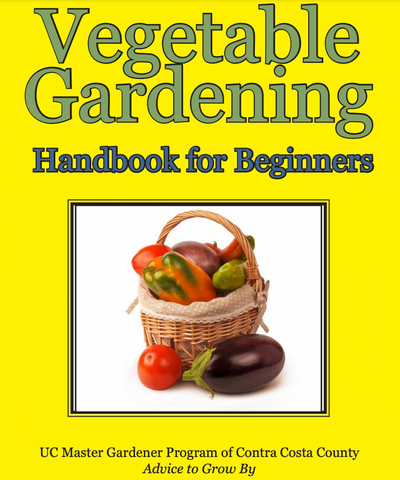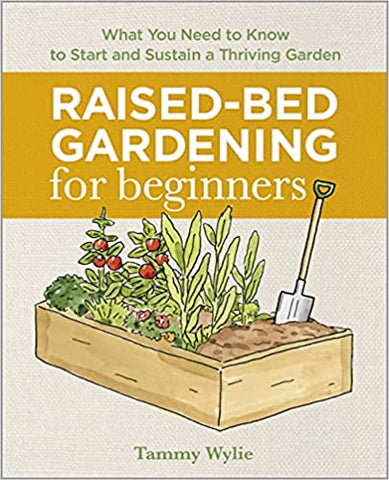5 of the Best Books for Beginning Gardeners
Gardening is often a craft passed down through the generation. When I was a kid, I’d find my mom hunched over the flowerbed, one knee in the dirt and a shovel in hand. I thought it a hilarious trick to pull her apron strings. She’d catch me and scold me in a lighthearted way. Then since she’d have my intention, she’d teach me some basics about plants, potting, and soil. She learned these lessons from her mother and grandmother before her.
When it came to planting my garden for the first time many years later, I thought I knew something. That was something I had to figure out the hard way.
Fortunately, many gardeners have preceded us—even last before my Great Italian Grandmother—have been so kind as to let us in on some of their trade secrets.
Here’s a list of 5 necessary and helpful books to assist in your gardening journey:
Stacy Torino’s Plants You Can’t Kill is a great place to start.

Knowing what to plant and when is essential to success in the garden. Torino’s guide to growing a problematic-free garden will help kickstart your newfound passion and give you the confidence to form the green habit and go for seasons to come.
Turn your brown thumb into a green one. The book covers annuals, perennials, grasses, trees, and veggies.
Torino presents the information clearly, and thoughtfully, avoiding pretentious language. There are helpful tips and pictures to go with every plant. This book could turn your brown thumb into a green one. Or make an excellent gift for your cousin who can’t keep a garden alive for the life of them
The next on our list is New Naturalism by Kelly D. Norris.

Norris offers a gateway into plant biology and ecology. So many of us envision growing healthy, thriving plants and having a stunning garden with various plants to impress our neighbors, guests, and ourselves.
Norris’ book stands out above the rest because of his relationship to gardening outside the flower bed. It discusses planting strategically around your home, creating positive environmental change, providing refuge for wildlife, and creating biodiversity.
Norris’ approach to gardening is ecological, based around utilizing nature to combat plant rot and disease, creating resilience in plants capable of thriving without artificial inputs.
Next up is my favorite but a little dryer than the rest as it is a technical journal for the Universities of California master programs in horticulture. Vegetable Gardening: Handbook for Beginners is straight to brass tax, everything you need-to-know guide to growing your vegetables at home.

The book has a fascinating history as it was adapted from another book named after the Victory Garden movement, which rallied the country around food production in our gardens during WWII to enhance national security.
This book covers nearly every style of vegetable gardening and provides appropriate uses of tables, graphs, and plant images. Oh, and did I mention the digital version is totally free online!?
The next book is essential for so many of us. Organic produce is expensive in the market but has many added benefits ranging from taste to health and environmental impact. Starting your gardening journey with the tools and knowledge of organic gardening is invaluable. Deborah L. Martin’s Rodale’s Basic Organic Gardening is an essential guide to organic gardening.

Martin takes us from the essential step of planting seeds organically to where to plant and how much one should be watering their organic garden. There is also much-needed insight on maintaining pest and weed control without harmful chemicals explained in clear, digestible language.
Martin is an excellent source of information on organic gardening as she is highly credible. She earned a BS in horticulture from Purdue University and is a former extension agent in the USDA’s urban gardening program, a veteran Rodale garden book editor, and a writer for Organic Gardening magazine.
The last book (but certainly not least) on our list is Raised-Bed Gardening for Beginners by Tammie Wylie. Wylie introduces gardening to beginners with one of today's most popular methods. Raised-bed gardening has many benefits—no need for a tiller, easy configuration, and much easier to weed.

Raised garden principles are great for gardeners with limited space. Raised bed gardens offer a higher yield in less space than traditional gardening. This method works great for patio and balcony gardening as well. This book guides everything you need to know regarding raised-bed gardening and is worth checking out before beginning your garden.
You don’t have to open a book to get out in the garden and get your hands dirty, but it might save you time, money, and headache.





